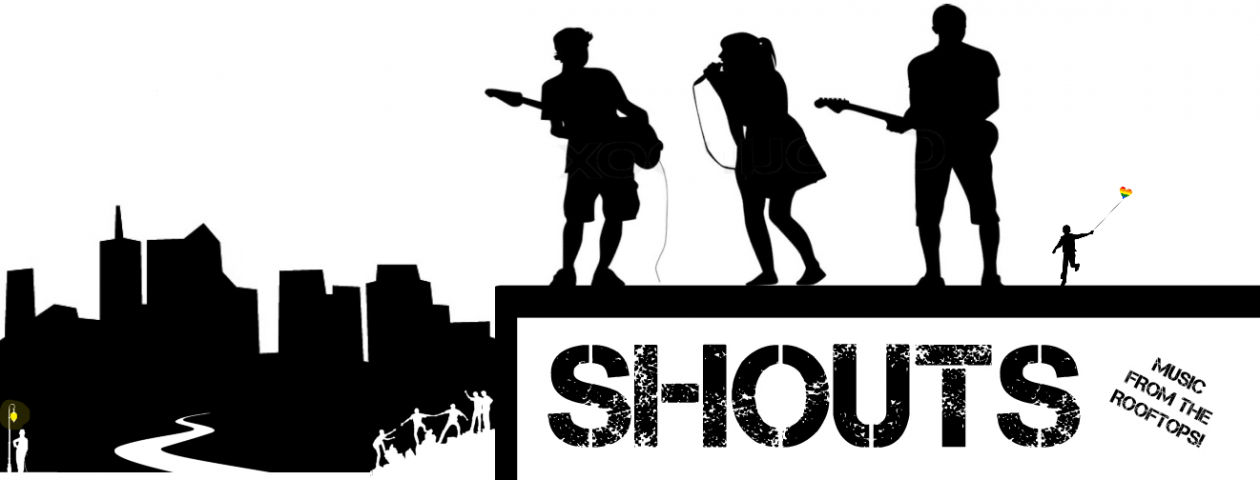The following introduction is from the event page on the Albany Public Library webpage:
“In this workshop locally-based and internationally renowned musician and activist Taína Asili will share a history of the role music has played in the various movements for voting rights in the U.S. We will discuss the voter suppression challenges we face today and ways to organize to protect our right to vote. All participants will be invited to register to vote at the end of the workshop. This program will be occurring online: the event URL will be sent via registration email.
Taína Asili is a Puerto Rican singer, filmmaker and activist carrying on the tradition of her ancestors, fusing past and present struggles into one soulful and defiant voice. Her music combines powerful vocals carrying themes of hope and liberation with an energetic fusion of Afro-Latin, reggae and rock. Asili’s music offers a sound that spans continents, exuding strength of spirit, inspiring audiences at venues across the globe – From Carnegie Hall to the Women’s March on Washington to the main stage of San Francisco Pride. With an energetic horn section and infectious rhythms, Asili’s music urges people to get on their feet and dance to the rhythm of rebellion. KC Orcott of The Source writes, “Taína is a true talent, and a true social justice warrior.” Her protest songs and music videos “No Es Mi Presidente,” “Freedom,” and “And We Walk” — inspired by social movements for racial, gender and climate justice — have been lauded by the likes of Rolling Stone, Billboard, Mic.com, Latina Magazine and Yes! Magazine. The Huffington Post named her in a list of “Freedom Fighting Bands To Get You Through the Trump Years,” and her music has aired numerous times on Democracy Now!
Taína is dedicated to using her art as a tool for personal and social transformation. The liberation themes in Taína’s writing are based in her activism in prisoner justice, climate justice, and food justice movements. Asili earned a Master of Arts degree in Transformative Language Arts from Goddard College, where she developed the curriculum that has become the foundation for the art and social change educational workshops she facilitates with youth and adults today. Asili also speaks and lectures at conferences and colleges throughout the nation. She has received numerous awards for work including the Leeway Foundation’s Transformation Award, Holding Our Foundation’s Fabulous Feminist Creative Force Award, Citizen Action NY’s Jimmy Perry Progressive Leadership Award, The Hispanic Coalition NY’s 40 Under 40 Rising Star Award, a New Music USA Award for her work in collaboration with Veena Chandra on the Resiliencia album, and an award from the City of Albany’s Commission on Human Rights.”
Date: Friday, October 2, 2020
Time: 7:00pm – 8:30pm
Time Zone: Eastern Time – US & Canada
(12:00am – 01:30am UK, 09:00am – 10:30am Australia)
Cover photo retrieved from Taína Asili’s Bandcamp page
✊ ✊ ✊ ✊



